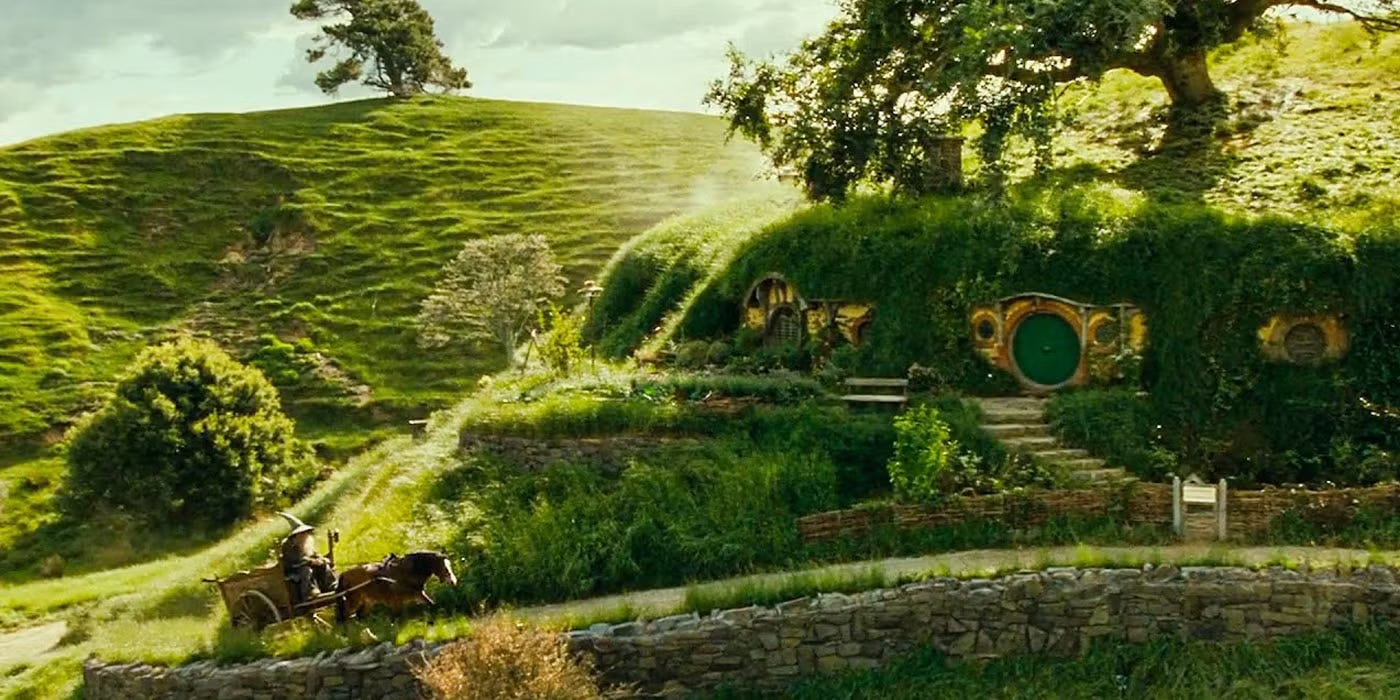The romantic-conservative critique of Christianity
Does Christianity destroy allegiance to one's own home and ancestors? Session 7 of the vitalism seminar.
In our reading of On The Genealogy of Morals we considered Nietzsche’s critique of Christianity from the perspective of pagan nobility. Today we consider another critique of Christianity, also from the Right, but based on quite a different set of psychological or anthropological considerations. We can designate this the romantic-conservative critique, in the tradition of counter-Enlightenment. I have chosen two authors, Stephen Jenkinson and Michael Oakeshott. Jenkinson offers an armchair history, lightly documented by highly suggestive, of the effects of Christianity on the lifeworld of pagan Europe. Oakeshott marks out two ideal types of moral order, the customary and the idealistic, and finds Christianity partaking too much of the latter. Both authors issue challenges to Christians that are worth chewing on. I don’t think they touch the core of the faith, but I find it useful to work through them. The texts are Stephen Jenkinson, Come of Age (2018), Chapter 12 and Michael Oakeshott, “The Tower of Babel,” which first appeared in 1948 and is included in the collection Rationalism in Politics.
Jenkinson’s book is a “case for elderhood.” We have a glut of old people, but a dearth of elders: people who by their wisdom and example, and by the place we accord them, can anchor the present in the great chain of begetting that gives life depth. He traces the movements by which the West discarded its elders. Chapter 12 begins with the Roman empire. It was a “mongrel monolith” that expanded through conquest and the assimilation of the conquered: they were removed from their homeland, detached from their native gods and the graves of their ancestors, and conscripted as soldiers to push the boundary of empire out yet further. They would settle in some foreign place and intermarry with the locals.
Keep reading with a 7-day free trial
Subscribe to Archedelia to keep reading this post and get 7 days of free access to the full post archives.




